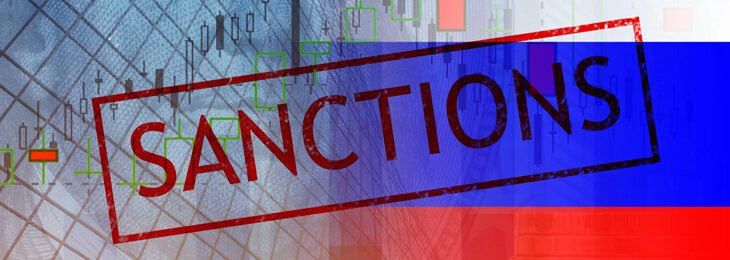
As is true of all aspects of the financial crime prevention profession, sanctions are complex. They are labyrinthine in nature and morph in complexity due to evolving diplomatic relationships. Being in full compliance is a difficult challenge, but an important and necessary one. Its importance struck home for me recently when I was in the process of remodeling parts of my home. When it comes to a deep-dive remodel, I call on a trusted contractor. I start by telling him about a design that was inspired by a home remodeling show and as the work progresses, inevitably, I request a change or as it is called in the construction biz, a “change order.”
During my latest project, while my contractor and I were reviewing my newest vision for my current remodel, he began to tell me about his last trip to Cuba and how he was banned from returning. He mentioned, “Like it matters now, I can’t go even if I wanted to.”
What struck me was how sanctions imposed at the highest levels of government eventually filter down to impact individuals. This is the reason why compliance is so important. If financial institutions are not in compliance—and by extension their customers and clients—the parties that pay the ultimate price are the individuals, like my contractor.
For the past few months, my team and I have been working on the ACAMS Today sanctions and Annual Conference edition. One of the contributors to this edition walks the reader through the beginnings of the Office of Foreign Asset Control (OFAC) and how WWII had a significant impact on the official formation of OFAC. In addition, OFAC’s webpage can be daunting. To help us, another author offers advice on how to use the OFAC website to its fullest and what to expect under OFAC enforcement. The vast knowledge and expertise of sanctions continues with sanction-specific best practices for correspondent banking.
If this is not enough, another article delves into how sanctions can be used to disrupt terror organizations. All these articles are followed by two top interviews: one with Tim White who discusses the sanctions landscape and the other one with Steven Oxman who talks about the new Certified Global Sanctions Specialist (CGSS) certification offered by the Association of Certified Anti-Money Laundering Specialists (ACAMS) and what this means to the financial crime prevention community. The articles in this edition aim to help us all become more proficient in navigating sanctions regimes.
Like my ever-evolving home, sanctions are constantly changing and being updated. It is as if we all need our own sanctions contractor to keep up with the many “change orders” that occur within the global sanctions sphere.
I look forward to seeing everyone at the
ACAMS 18th Annual AML & Financial
Crime Conference. Happy reading!
Karla Monterrosa-Yancey, CAMS
Editor-in-Chief
Follow us on Twitter: @acamstoday










